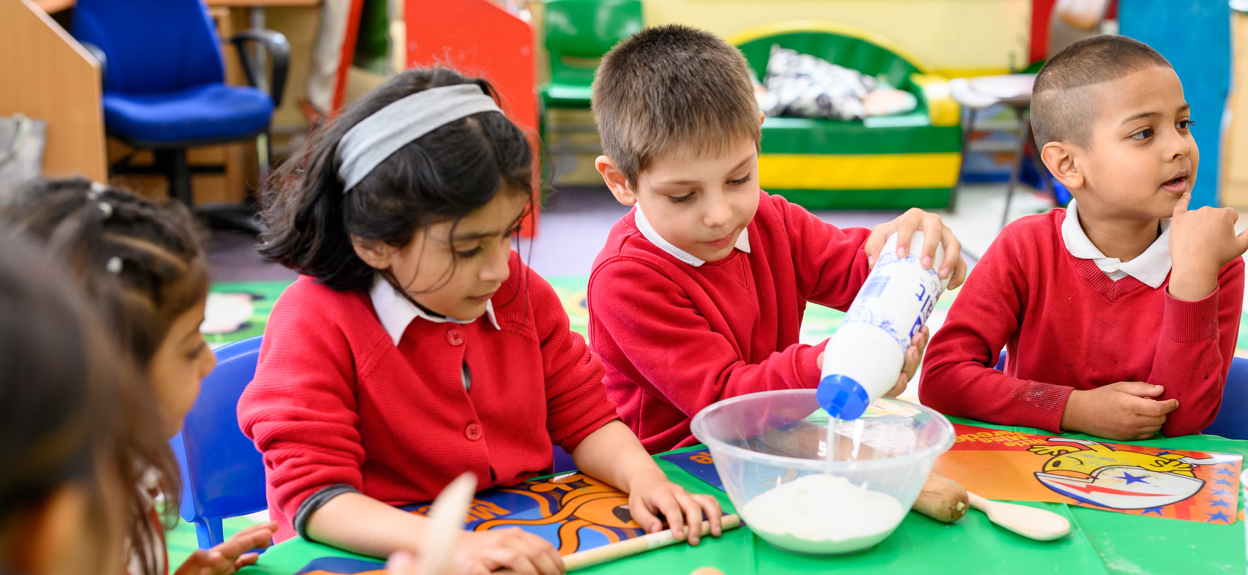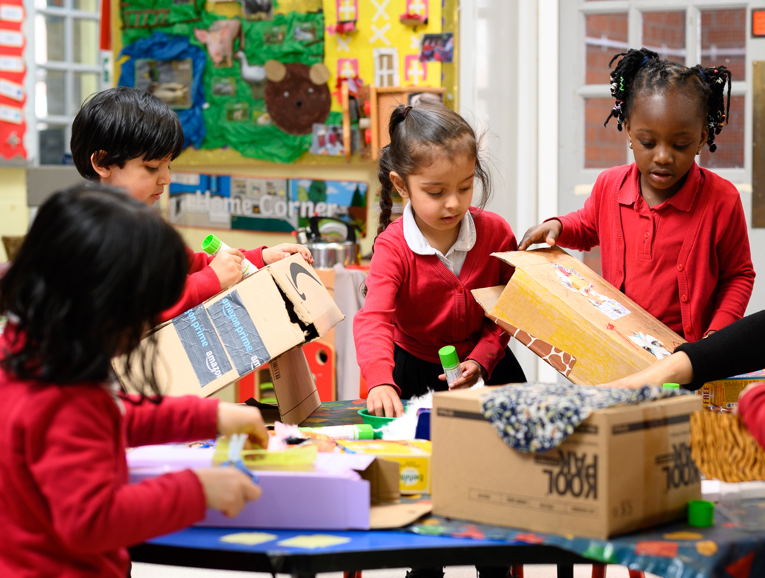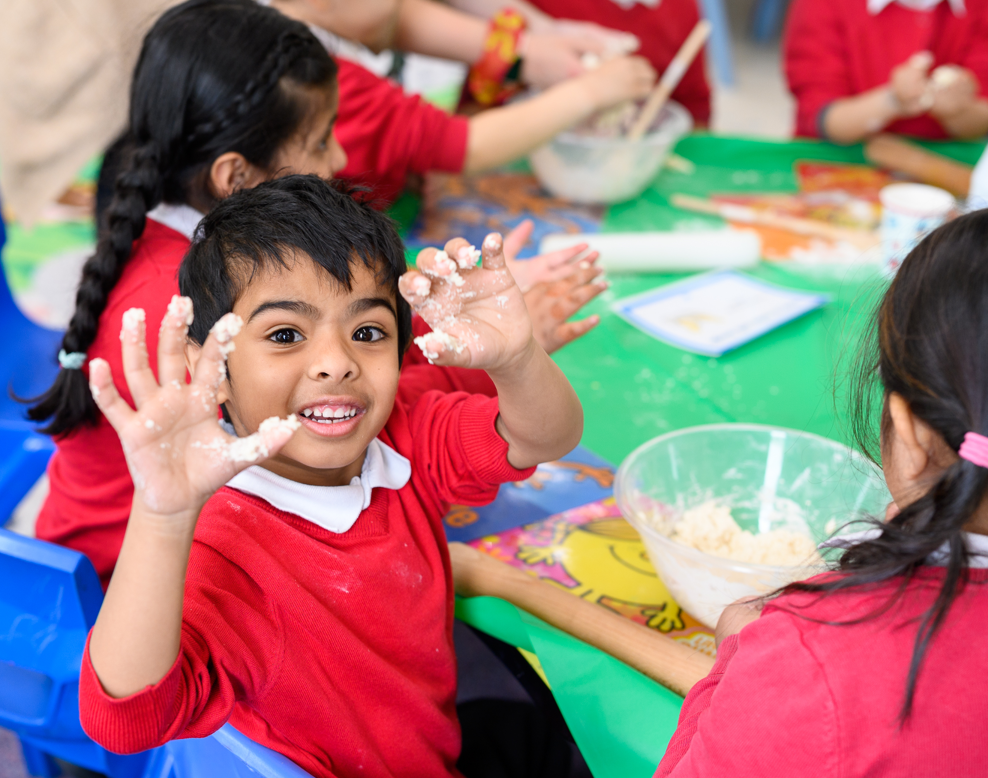Design and Technology
Design and Technology is an integral part of our day-to-day lives, and it is therefore important that our children are taught how this subject is of great importance in our rapidly changing world. Children work individually or as part of a team and are encouraged to think creatively in order to solve problems and/or make improvements to existing ideas and products.
Aim
Design and Technology at Yew Tree is taught as individual projects within the Yew Tree curriculum. The curriculum is designed to give pupils opportunities to develop skills in designing and making the four main areas of DT: food, textiles, structures and mechanisms (which in KS2 incorporate using electrical components). We adopt the six main DT principles – user, purpose, functionality, design decisions, innovation and authenticity,
All Design and Technology tasks are set in as real a context as possible with the emphasis being on the products having a user and a purpose. It is how the final product performs that is the essential criteria, and not how it looks aesthetically! We ensure that the act of designing and making includes the teaching of critical thinking, impact on the environment as well as appreciating the work of designers, inventors, entrepreneurs and the makers of the past, present and the future.

Intent
At Yew Tree Community School, we understand that Design and Technology is a real-life experience which allows pupils to solve problems, think creatively and develop ideas. It offers children a chance to use creative thinking and develop ideas within a defined purpose and with a tangible outcome by nurturing children’s curiosity and creativity, as well as preparing them for living in a modern world where technology is rapidly changing and advancing. Design and Technology begins by allowing children to take risks, be reflective, innovative and resilient, which provides them with valuable skills for their future. Children will also be taught a sound knowledge of food and nutrition and its great importance. Many children develop creativity through their love of cooking. It is a crucial life skill and, for this reason, we have ensured that we study a food and nutrition unit every year.
Lessons have a clear structure reflecting the design process which is a part of all designs across the strands. Skills are built up across each strand progressively. Progression documents inform teachers where skills need to be reviewed.
Design process:
- Evaluate real life products
- The design criteria is created once the user, purpose and brief have been identified
- Design to product
- Practise skills
- Make product
- Evaluate finished product

Curriculum Implementation
In Design and Technology, we implement a curriculum that is progressive throughout the whole school. Design and Technology is taught over three half-terms per year, focusing on knowledge and skills stated in the National Curriculum. This helps to ensure sufficient time is allocated to Design and Technology and that subject matter can be revisited. We believe that by crafting our curriculum this way, we improve the potential for our children to consolidate what they have been taught, to alter their long-term memory and thus improve the rates of progress they make.
The Design and Technology curriculum at Yew Tree Community School is based upon the 2014 Primary National Curriculum in England, which provides a broad framework and outlines the knowledge and skills taught in each Key Stage. Teachers plan lessons based on both the required curriculum coverage and the children’s interests. A variety of teaching approaches are used based on teacher judgement, ensuring progression of skills and knowledge from year group to year group. Design and Technology teaching focuses on enabling children to think as designers and technologists.
Design and technology provides opportunities to enhance the learning of more able pupils as it encourages them to draw on disciplines such as mathematics, science, engineering, computing and art.
In teaching DT, we aim to help pupils:
- Develop their design and making skills.
- Develop their knowledge and understanding of design and technologies.
- Use a wide range of tools and materials.
- Learn about working safely and protective measures.
- Work individually and collaborate with other pupils in a variety of contexts.
- Develop the capability to create products of a high standard through skills and understanding.
- Evaluate products, made by themselves, their peer groups and companies.
- Explore the man-made world and encourage discussion of how we live and work within it.
- Develop an interest in and understanding of technological processes and the role of manufacturing in society.
- Learn the principles of nutrition, healthy eating and how to cook.

